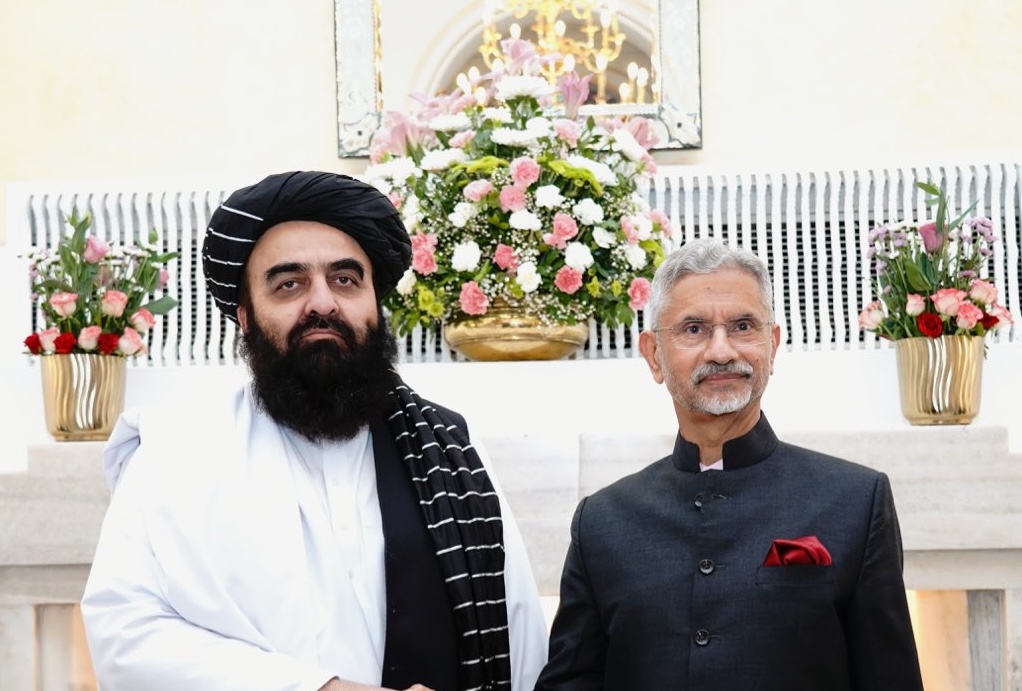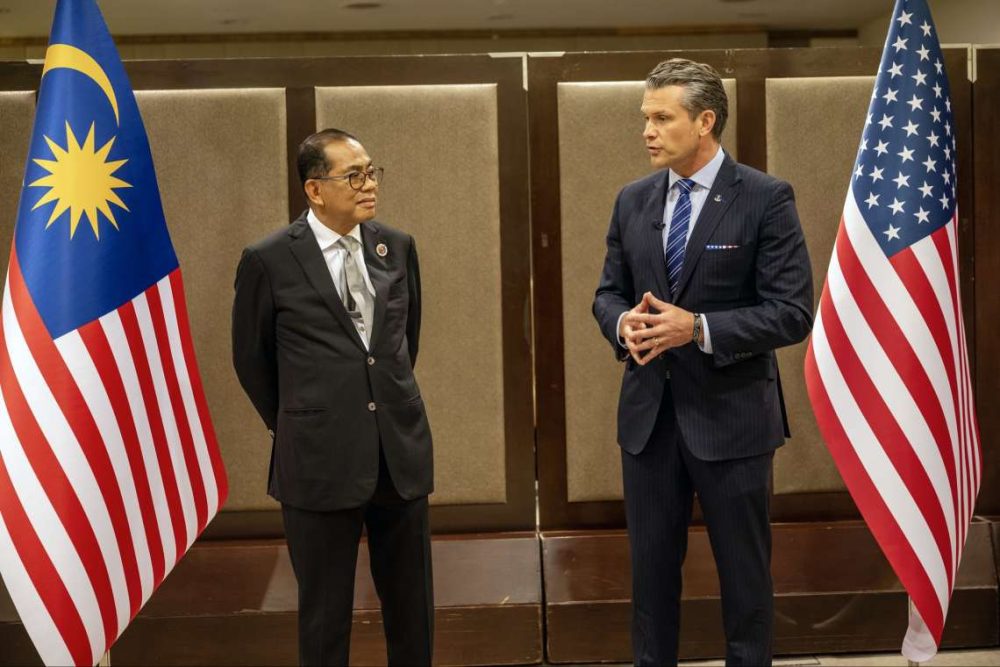India’s first batch of trained nursing care workers is set to begin jobs in Japan next month, addressing critical labour shortages amid Japan’s rapidly ageing population. The initiative is designed to tackle Japan’s looming demographic crisis….reports Asian Lite News
A pioneering batch of Indian nursing care workers is preparing to start their new roles in Japan next month, marking a significant milestone in bilateral cooperation to address the island nation’s acute labour shortages and ageing population. The move is the result of a strategic training collaboration between Japan’s Sompo Care—a subsidiary of Sompo Holdings—and India’s National Skill Development Corporation (NSDC), as reported by Nikkei Asia.
The initiative is designed to tackle Japan’s looming demographic crisis. With the country’s elderly population growing rapidly and the domestic workforce shrinking, authorities and private employers have been searching for skilled foreign workers to support critical care services. The partnership aims to streamline the training, certification, and deployment of Indian caregivers to Japanese eldercare facilities over the next 15 years.
From Delhi to Japan: A New Chapter
The journey began in August last year when Sompo Care inaugurated a state-of-the-art training centre near New Delhi. The nine-month programme provided intensive instruction in the Japanese language and hands-on training using caregiving equipment imported directly from Japan. The goal is to train and dispatch around 100 Indian caregivers annually, with the broader ambition of hiring at least 1,000 by 2040.
In April 2025, the first cohort of nine students graduated from the programme. Eight of them successfully cleared Japan’s rigorous ‘specified skills’ test, which qualifies them for both employment and residency under Japan’s foreign worker visa regime. These recruits are now expected to begin their professional assignments in Japan as early as July.
Equal Pay and Opportunity
Sompo Care has assured that Indian recruits will receive equal pay compared to their Japanese peers. Furthermore, those who demonstrate exceptional performance will be considered for managerial positions—a rare opportunity for foreign workers in Japan’s historically insular employment landscape.
Previously, Japan’s care industry sourced most of its foreign recruits from Southeast Asia. However, growing regional competition for skilled labour, coupled with India’s abundant youth population and high unemployment rates, has prompted a shift in strategy. India now stands out as a vital partner in Japan’s long-term labour planning.
Japan’s Ageing Crisis Deepens
Japan’s need for such international partnerships is becoming increasingly urgent. The country is projected to face a shortage of approximately 570,000 nursing care workers by 2040. Already, the care sector is feeling the strain as ageing employees remain in service well past traditional retirement age.
Since 2013, Japan has undertaken a series of policy reforms to encourage employment beyond 65. Amendments to the Act on Stabilisation of Employment of Elderly Persons (ASEEP) have urged companies to either extend the official retirement age or adopt schemes allowing workers to continue until age 70. As a result, 42 per cent of Japanese firms now permit employees to work beyond 70—more than double the proportion from a decade ago.
According to government data, some 5.4 million Japanese aged 70 or older were still employed in 2024, reflecting a 70 per cent rise since 2014. However, such measures have not closed the gap in labour-intensive sectors like nursing care and construction, where older employees now make up to 17 per cent of the workforce. In total, people aged 65 and above account for 14 per cent of Japan’s entire workforce.
The Indo-Japanese caregiver programme presents a win-win solution: India gains valuable employment avenues for its youth, while Japan receives a much-needed infusion of skilled workers. The success of the initial batch could lead to deeper collaboration between both governments and pave the way for similar exchanges in healthcare, technology, and other services.
“This is not just an employment pipeline; it is a cultural and humanitarian bridge,” said an NSDC official familiar with the programme. “Caregiving demands empathy, discipline, and communication—values shared by both Indian workers and Japanese hosts.”
As the first group prepares to leave for Japan, the project stands as a promising example of international cooperation that directly addresses demographic and economic challenges on both sides. With more batches set to follow, this cross-border caregiving model may soon become a global blueprint for managing ageing societies.














